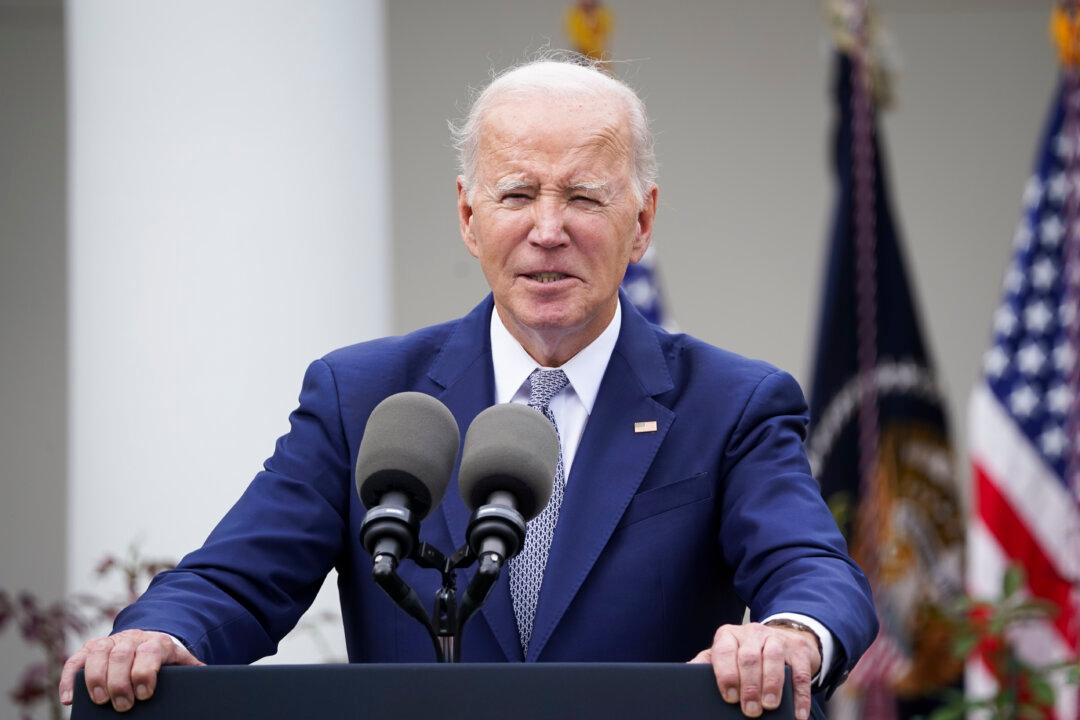After a gunman killed 18 people in Maine, President Joe Biden issued a statement calling for more gun control measures, prompting a Second Amendment advocacy group to denounce his remarks as a “disgusting politicization of a tragedy.”
The suspect in Wednesday night’s mass shooting in Lewiston is Robert Card, who at the time of reporting remained at large as authorities searched forests, waterways, and small towns while many Maine residents sheltered in place.





